reduced shank drill bits Factory
Reduced shank drill bits are designed to fit larger drill chucks, allowing you to drill larger holes with smaller drills. They feature a smaller diameter shank than the drilling diameter, providing versatility and cost-effectiveness. This guide explores everything you need to know about these bits, from their types and applications to selecting the right one for your project, helping you achieve optimal drilling performance.
Understanding Reduced Shank Drill Bits
Reduced shank drill bits, also known as undersized shank drill bits, are a type of drill bit where the shank (the part that fits into the drill chuck) is smaller than the diameter of the cutting end. This design allows users to drill larger holes without needing a larger, more expensive drill with a matching chuck size.
Why Choose Reduced Shank Drill Bits?
There are several key advantages to using reduced shank drill bits:
- Versatility: Enables you to drill larger holes with drills that have smaller chuck sizes.
- Cost-Effectiveness: Cheaper than buying a whole new drill with a larger chuck.
- Convenience: Avoids the need for multiple drills with varying chuck sizes.
Types of Reduced Shank Drill Bits
Reduced shank drill bits come in various types, each suited for different materials and applications.
Twist Drill Bits
The most common type, suitable for general-purpose drilling in wood, metal, and plastic. They are widely available and relatively inexpensive. High-Speed Steel (HSS) twist drill bits are a popular choice for many applications.
Jobber Length Drill Bits
A specific length of twist drill bit. They represent the typical length for a twist drill bit. These can be found with reduced shanks.
Auger Drill Bits
Used primarily for drilling wood, auger bits have a screw-like tip that pulls the bit into the material. Available with reduced shanks for use in smaller chucks when drilling large holes in wood.
Step Drill Bits
Designed to drill multiple hole sizes with a single bit. Each step creates a different diameter hole, making them ideal for sheet metal and other thin materials. Some step drill bits feature reduced shanks.
Materials Used in Reduced Shank Drill Bits
The material of the drill bit significantly impacts its performance and lifespan. Here are some common materials used in reduced shank drill bits:
High-Speed Steel (HSS)
A popular choice for general-purpose drilling, offering a good balance of hardness and toughness. HSS bits are suitable for drilling wood, plastic, and soft metals.
Cobalt Steel
Contains cobalt, which increases the bit's heat resistance and hardness. Ideal for drilling harder materials like stainless steel and cast iron. Offers longer tool life compared to HSS bits.
Titanium Coating
A coating applied to HSS bits to improve their wear resistance and reduce friction. Extends the life of the bit and allows for faster drilling speeds. Wayleading Tools recommends these for high volume drilling in softer metals.
Carbide-Tipped
Features a carbide tip brazed onto the steel body. Carbide is extremely hard and wear-resistant, making these bits suitable for drilling abrasive materials like concrete, tile, and hardened steel.
Selecting the Right Reduced Shank Drill Bit
Choosing the correct reduced shank drill bit is crucial for achieving optimal results. Consider the following factors:
Material to be Drilled
Match the bit material to the workpiece material. For example, use cobalt steel for stainless steel and HSS for wood.
Hole Size
Ensure the bit's cutting diameter matches the desired hole size. Check the shank size to ensure it fits your drill chuck.
Drill Type
Consider the type of drilling operation. For deep holes, choose longer bits; for sheet metal, use step drill bits. Ensure your drill press or hand drill is suitable for the task. Wayleading Tools provides detailed specifications on drill press compatibility for all our drill bits.
RPM and Feed Rate
Adjust the drilling speed (RPM) and feed rate according to the bit material and workpiece material. Refer to the manufacturer's recommendations for optimal settings.
Applications of Reduced Shank Drill Bits
Reduced shank drill bits are used in a wide range of applications, including:
- Metalworking: Drilling holes in steel, aluminum, and other metals.
- Woodworking: Creating holes for screws, dowels, and other fasteners.
- Construction: Drilling holes in wood, concrete, and other building materials.
- Automotive Repair: Drilling out broken bolts and fasteners.
- DIY Projects: Various home improvement and crafting projects.
Tips for Using Reduced Shank Drill Bits
Follow these tips to maximize the performance and lifespan of your reduced shank drill bits:
- Use Cutting Fluid: Apply cutting fluid to lubricate the bit and reduce heat buildup, especially when drilling metal.
- Start with a Pilot Hole: Use a smaller drill bit to create a pilot hole, which helps guide the larger bit and prevent wandering.
- Apply Consistent Pressure: Apply steady, even pressure while drilling. Avoid excessive force, which can damage the bit.
- Keep the Bit Sharp: Sharpen dull bits regularly to maintain their cutting efficiency.
- Store Bits Properly: Store bits in a drill bit index or case to protect them from damage and keep them organized.
Troubleshooting Common Issues
Here are some common problems encountered when using reduced shank drill bits and how to solve them:
- Bit Slipping: Ensure the bit is securely tightened in the drill chuck. Use a drill chuck key to tighten the chuck properly.
- Bit Breaking: Reduce the drilling speed and feed rate. Avoid applying excessive pressure.
- Hole is Oversized: Use a new, sharp drill bit. Ensure the drill bit is properly centered.
- Bit Overheating: Use cutting fluid to lubricate the bit and reduce friction. Reduce the drilling speed.
Where to Buy Reduced Shank Drill Bits
Reduced shank drill bits are available from various sources, including:
- Hardware Stores: Local hardware stores typically stock a wide selection of drill bits.
- Online Retailers: Online retailers like Amazon, Home Depot, and Wayleading Tools offer a vast selection of drill bits at competitive prices.
- Industrial Supply Companies: Industrial supply companies specialize in tools and equipment for professional use.
Reduced Shank Drill Bits: A Summary
Reduced shank drill bits offer a versatile and cost-effective solution for drilling larger holes with smaller drills. By understanding the different types, materials, and applications, you can select the right bit for your project and achieve optimal drilling performance. Remember to follow the tips for using and maintaining your drill bits to maximize their lifespan and ensure safe operation. When sourcing your reduced shank drill bits, consider the expertise and quality offered by manufacturers like Wayleading Tools.
Frequently Asked Questions (FAQs)
What is the benefit of a reduced shank drill bit?
The primary benefit is allowing you to use a larger drill bit in a smaller drill chuck, increasing versatility and reducing the need for multiple drills.
Can I use a reduced shank drill bit on any drill?
You can use it as long as the shank size of the bit fits the drill chuck. Always check the drill's chuck capacity before using a reduced shank drill bit.
What materials are suitable for reduced shank drill bits?
The suitability depends on the material of the drill bit itself. HSS bits are good for wood and plastic, while cobalt bits are better for harder metals like stainless steel.
Related products
Related products
Best selling products
Best selling products-
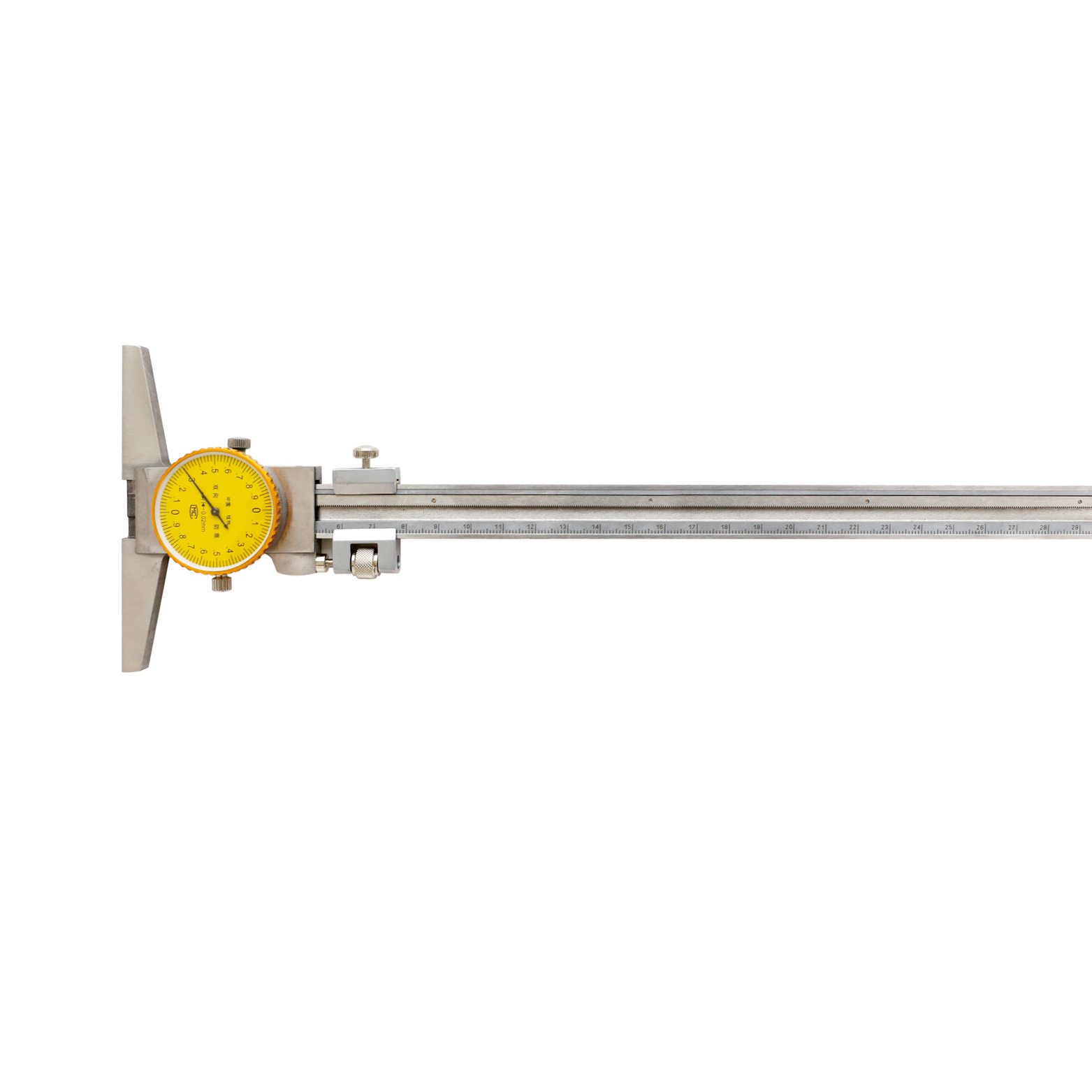 Dial Depth Gauge With Stainless Steel For Industrial Type
Dial Depth Gauge With Stainless Steel For Industrial Type -
 Precision V Block Set With High Quality Type
Precision V Block Set With High Quality Type -
 Precision 2pcs Angle Blocks Set With High Quality Type
Precision 2pcs Angle Blocks Set With High Quality Type -
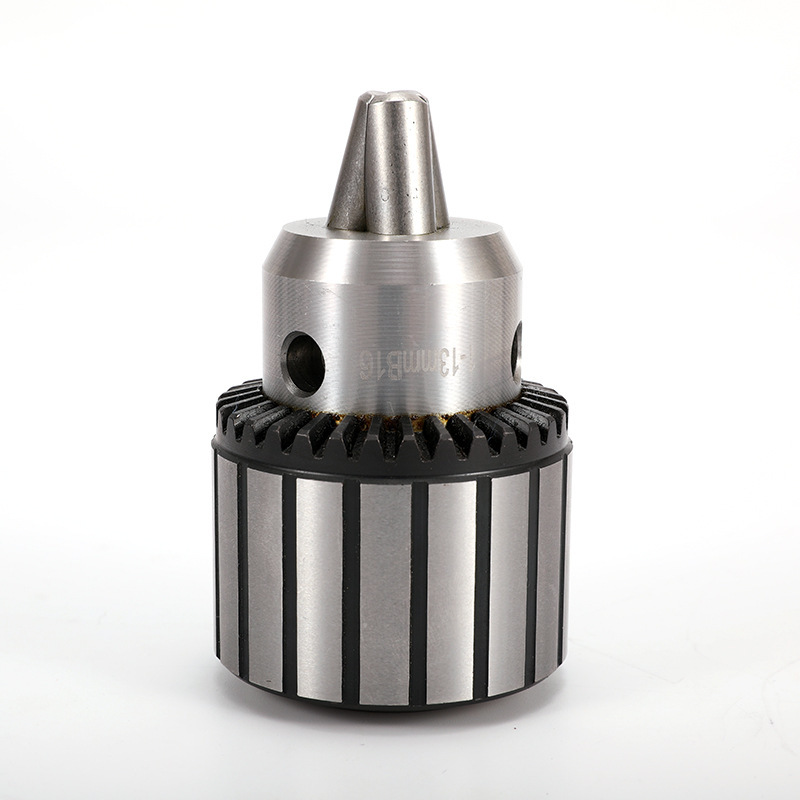 Key Type Drill Chuck With Heavy Duty Type
Key Type Drill Chuck With Heavy Duty Type -
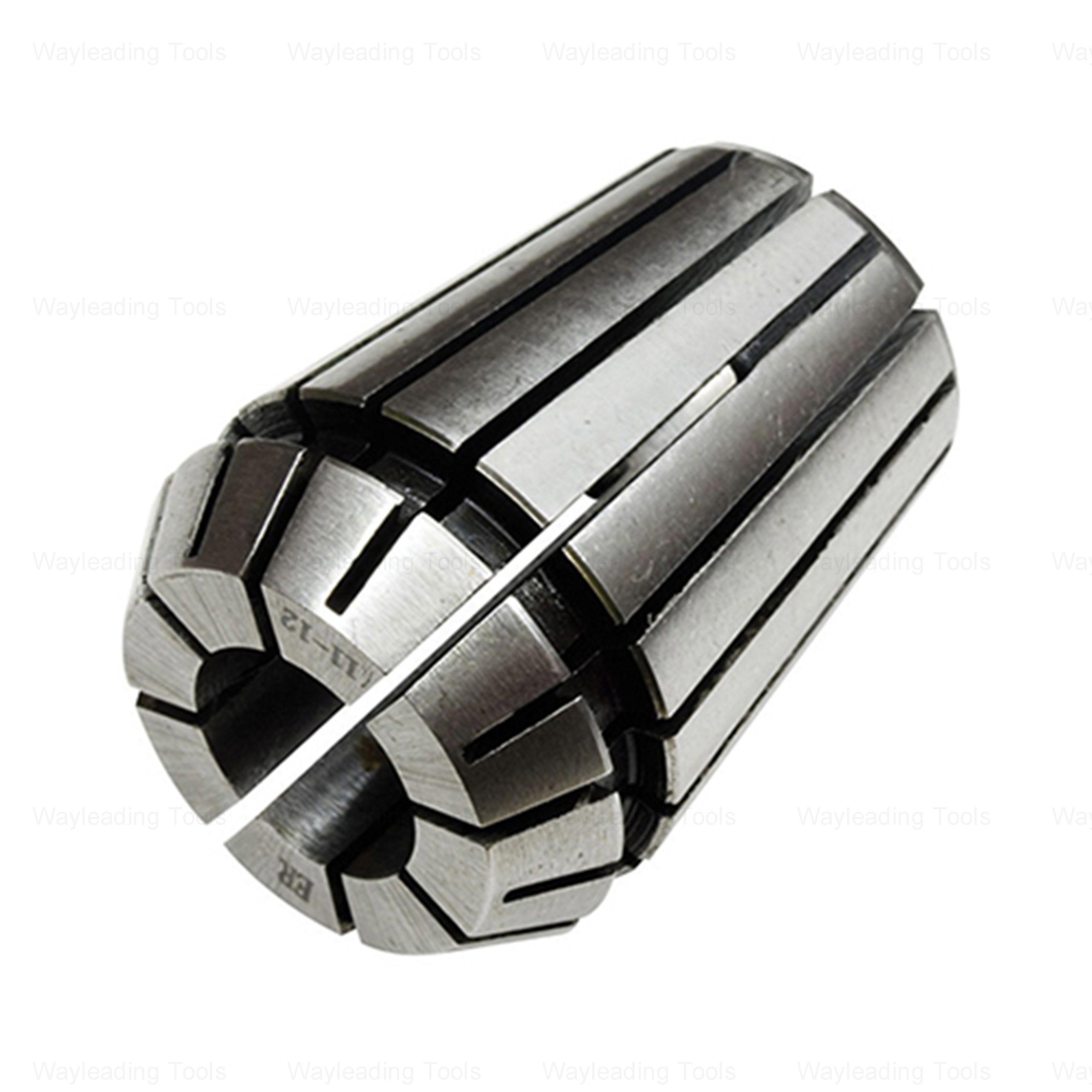 Metric ER Collets – High Precision, for Milling Applications
Metric ER Collets – High Precision, for Milling Applications -
 Type K-90 Degree Cone Tungsten Carbide Rotary Burr
Type K-90 Degree Cone Tungsten Carbide Rotary Burr -
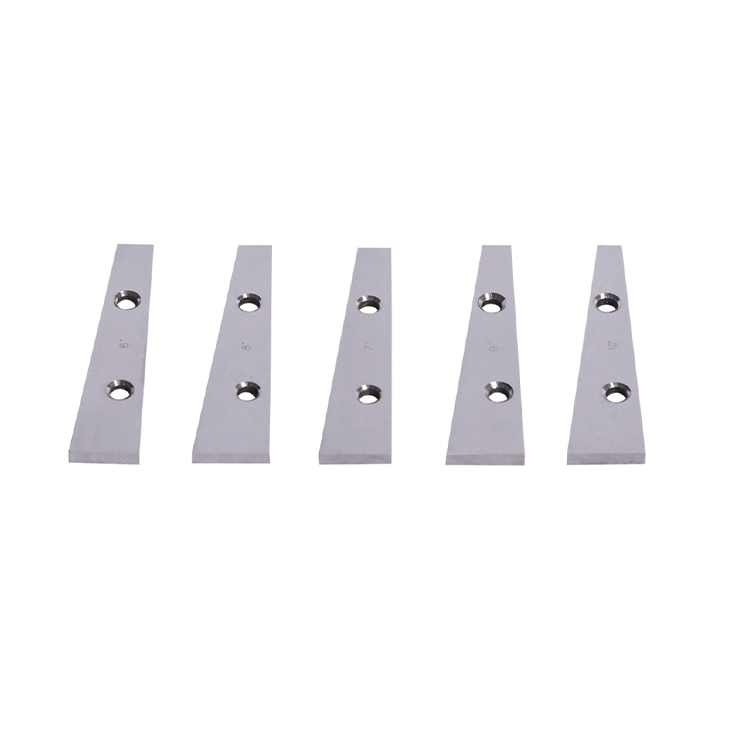 Precision 5pcs & 6pcs Angle Blocks Set With High Quality Type
Precision 5pcs & 6pcs Angle Blocks Set With High Quality Type -
 HSS DP Involute Gear Cutters With PA20 And PA14-1/2
HSS DP Involute Gear Cutters With PA20 And PA14-1/2 -
 HSS Metric Plain Metal Slitting Saws For Industrial
HSS Metric Plain Metal Slitting Saws For Industrial -
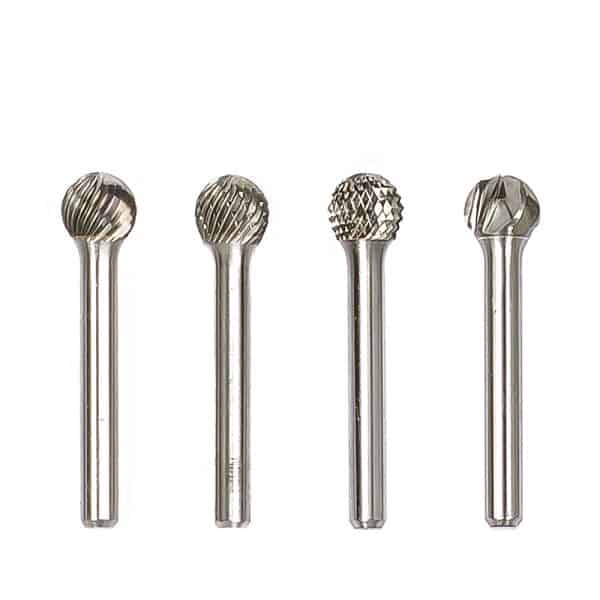 Type D Ball Tungsten Carbide Rotary Burr
Type D Ball Tungsten Carbide Rotary Burr -
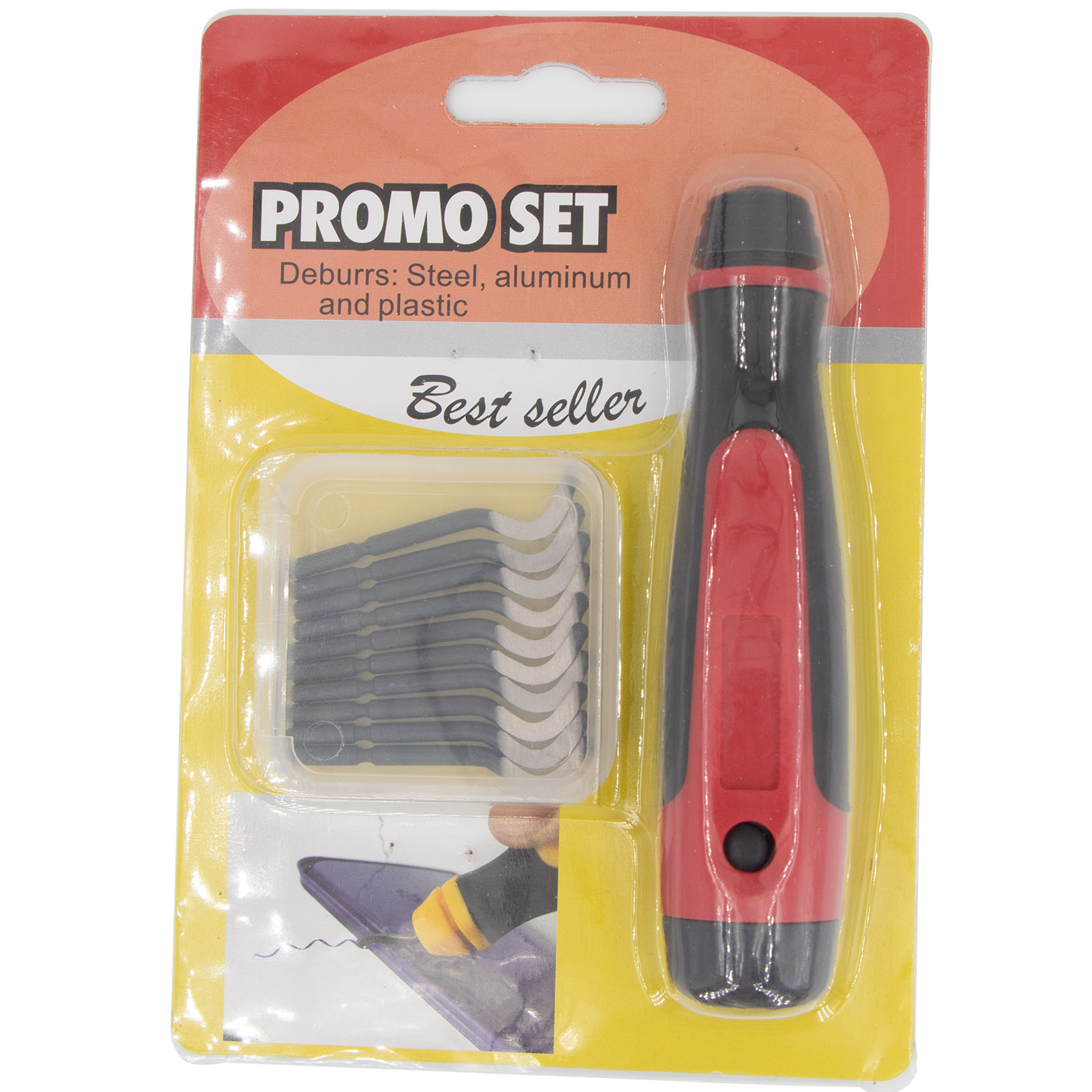 Type E Heavy Duty Deburring Tool Set With Deburring Holder And Deburring Blade
Type E Heavy Duty Deburring Tool Set With Deburring Holder And Deburring Blade -
 Precision Vernier Caliper Of Metric & Imperial For Industrial
Precision Vernier Caliper Of Metric & Imperial For Industrial











